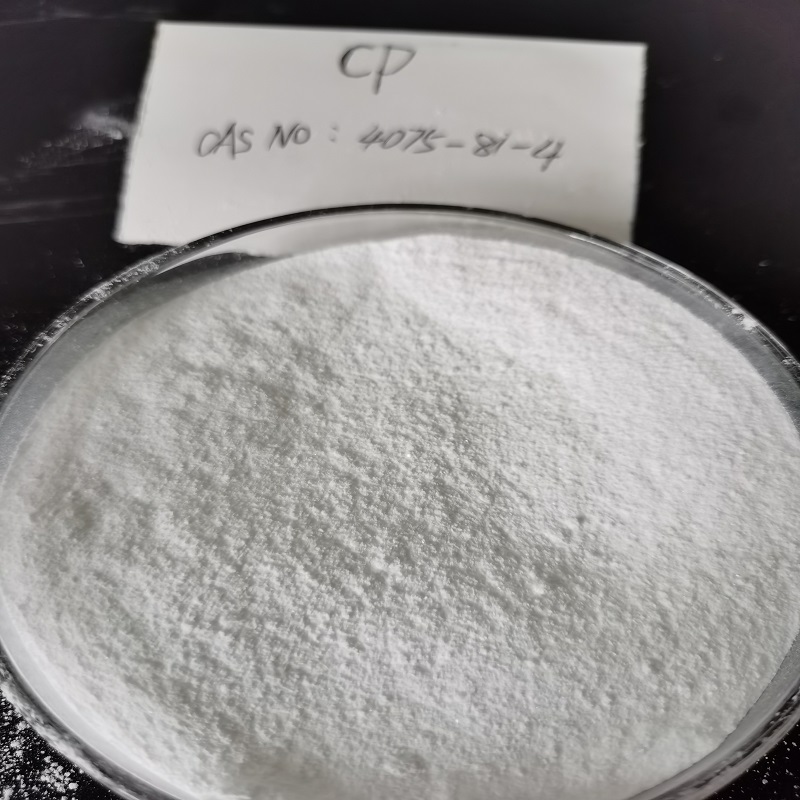Feed contains abundant nutrients and is prone to mold due to the proliferation of microorganisms. Moldy feed can affect its palatability. If cows eat moldy feed, it can have adverse effects on their health: diseases such as diarrhea and enteritis, and in severe cases, it can lead to cow death. Therefore, preventing feed mold is one of the effective measures to ensure feed quality and breeding efficiency.
Calcium propionate is a safe and reliable food and feed preservative approved by WHO and FAO. Calcium propionate is an organic salt, usually a white crystalline powder, with no odor or slight odor of propionic acid, and is prone to deliquescence in humid air.
- The nutritional value of calcium propionate
After calcium propionate enters the body of cows, it can be hydrolyzed into propionic acid and calcium ions, which are absorbed through metabolism. This advantage is incomparable to its fungicides.
Propionic acid is an important volatile fatty acid in cow metabolism. It is a metabolite of carbohydrates in cattle, which is absorbed and converted into lactose in the rumen.
- Fungicidal resistance of calcium propionate
Calcium propionate is an acidic food preservative, and the free propionic acid produced under acidic conditions has antibacterial effects. Undissociated propionic acid active molecules will form high osmotic pressure outside mold cells, leading to dehydration of mold cells, thus losing the ability to reproduce. It can penetrate the cell wall, inhibit enzyme activity within the cell, and thus prevent the reproduction of mold, playing a role in mold prevention.
- Calcium propionate prevents ketosis in dairy cows
Ketosis in cows is more common in cows with high milk production and peak milk production. Sick cows may experience symptoms such as loss of appetite, weight loss, and decreased milk production. Severe cows may even become paralyzed within a few days after childbirth. The main reason for ketosis is the low concentration of glucose in cows, and the propionic acid in cows can be converted into glucose through gluconeogenesis. Therefore, adding calcium propionate to the diet of cows can effectively reduce the incidence of ketosis in cows.
- Calcium propionate alleviates milk fever in dairy cows
Milk fever, also known as postpartum paralysis, is a nutritional metabolic disorder. In severe cases, cows may die. After calving, the absorption of calcium decreases, and a large amount of blood calcium is transferred to colostrum, resulting in a decrease in blood calcium concentration and milk fever. Adding calcium propionate to cow feed can supplement calcium ions, increase blood calcium concentration, and alleviate milk fever symptoms in cows.
Post time: Apr-04-2023




